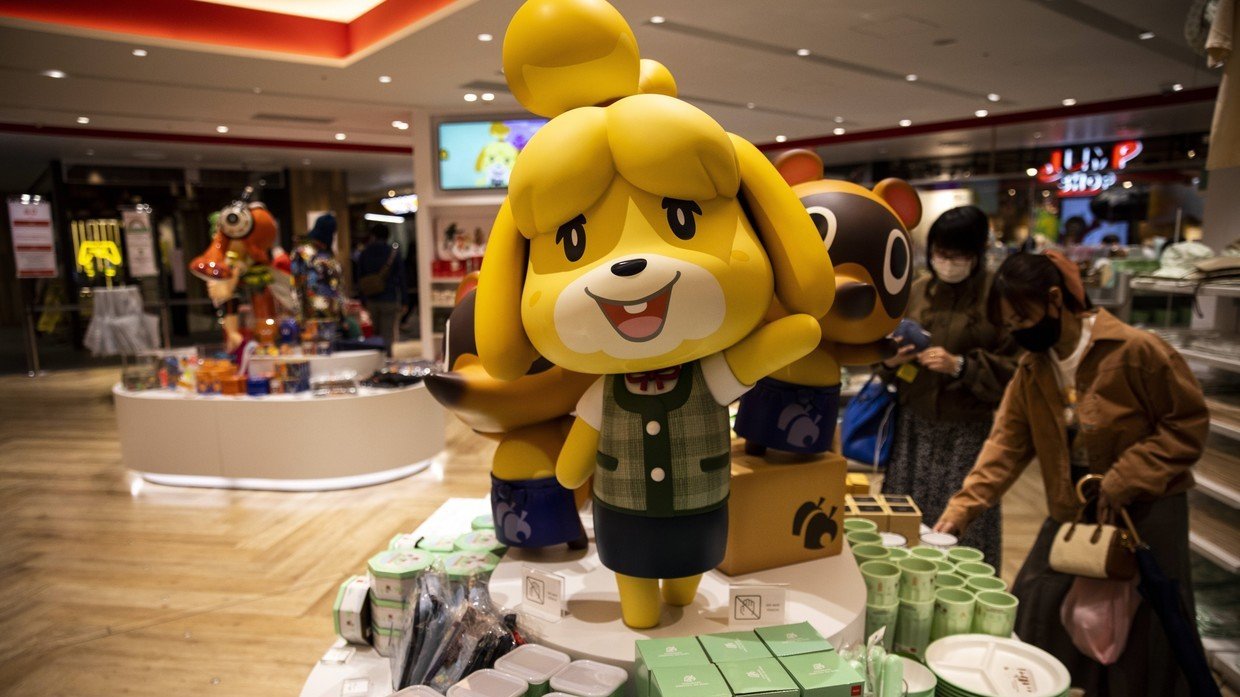A ban on in-game politics and ads in Nintendo’s Animal Crossing: New Horizons has come late enough not to interfere with Democrat Joe Biden’s in-game campaign, but probably too late to save the game’s future in China.
Nintendo has issued a ban on politics in Animal Crossing as part of a wider ban on advertising, or otherwise making money off the game, and producing “vulgar, discriminatory or offensive” content. It also asked players to “refrain from bringing politics into the game.” The company posted a press release on Thursday asking “businesses and organizations” - including political organizations - to keep their promotions out of the online multiplayer world.
It’s unclear what this means for Team Biden, which had built an entire “Biden HQ” island in addition to the political yard signs it began offering supporters in September. The campaign at the time hinted the signs were only the beginning of a planned rollout of “digital swag, voter education tools, and organizing efforts” in Animal Crossing and other games.
With the election seeming safely in the bag for Biden (barring some kind of last minute comeback from the Trump campaign), the Democratic campaign can safely fold up its in-game operations and go home - assuming it hasn’t already secured express permission from Nintendo to continue operating. It’s unclear what the ban means for New York Rep. Alexandria Ocasio-Cortez, however - the Democratic Socialist has been interacting with constituents (recognizable by her “AOC” t-shirt) on their islands for months. While the timing of the new rules seems to suggest Nintendo is closing the door on attempts to replicate “Biden HQ” while giving the Democrat a pass, some have suggested the politics ban was motivated by something else - namely, China.
Animal Crossing was removed from Chinese game retailers Taobao and Pinduoduo in April after Hong Kong protesters used the game to organize virtual protests against Beijing and the World Health Organization. A number of Chinese government agencies had previously used it to disseminate health and safety information during the Covid-19 lockdown, though it had not yet been officially released in China and gamers who played it were obtaining their copies from overseas.
China does not allow the sale of video games that “threaten China’s national unity, sovereignty, or territorial integrity” or harm “the nation’s reputation, security or interests.” Scrubbing politics from the game might be a preliminary step toward convincing China to allow Nintendo to officially release the game there. It would hardly be the first time a video game maker has bent over backwards to secure access to the lucrative Chinese market.
Like this story? Share it with a friend!

